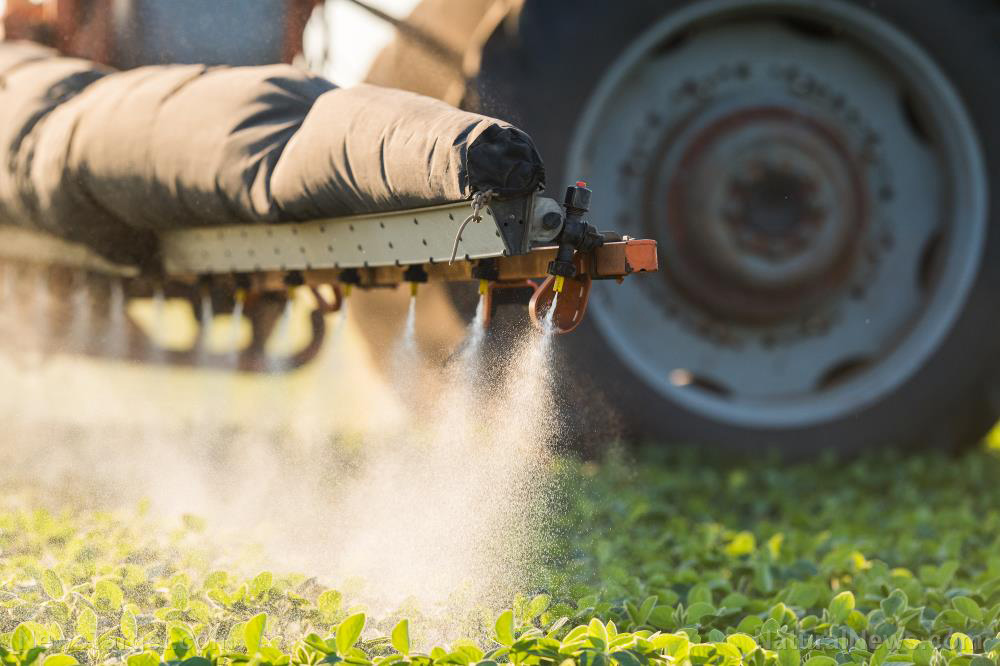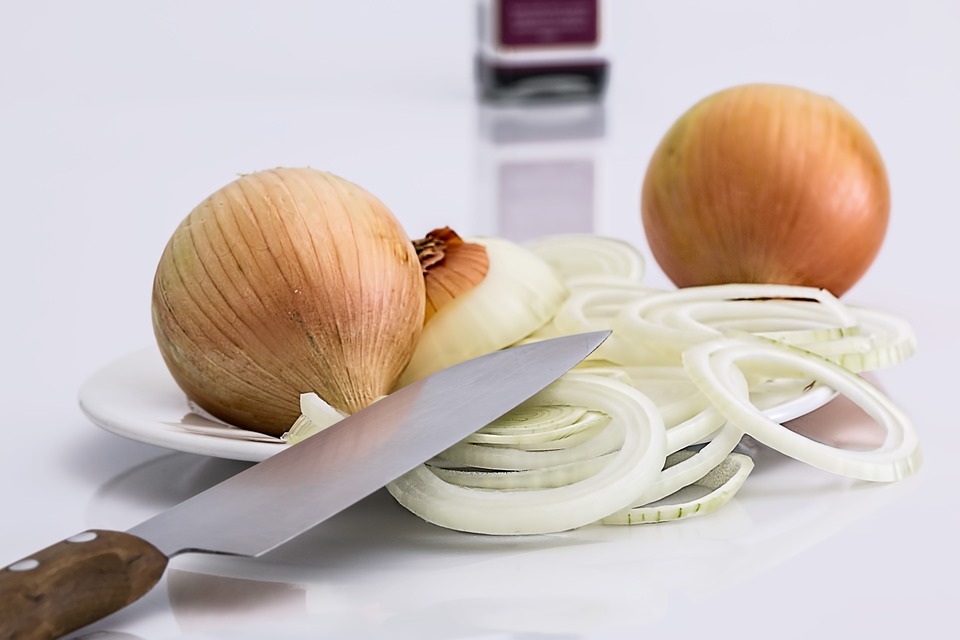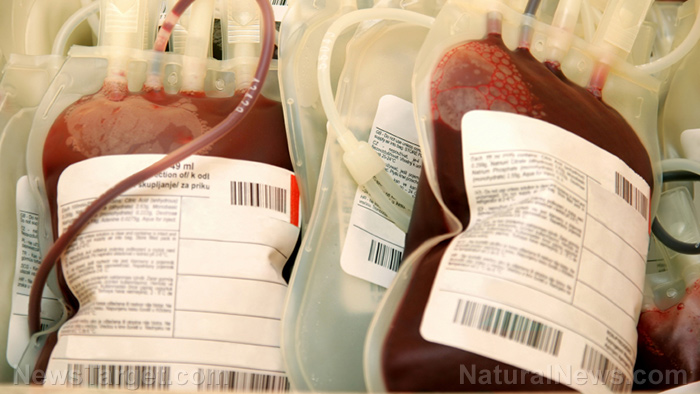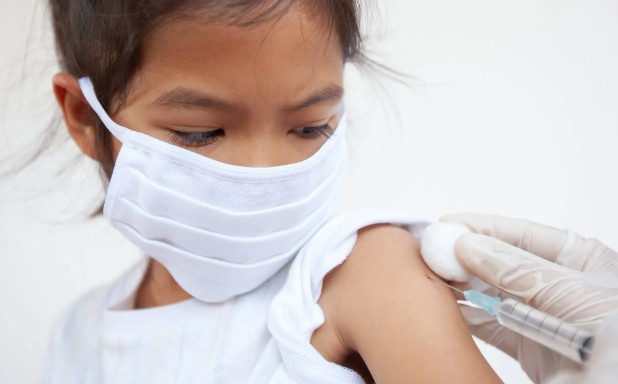PETROCHEMICAL PESTICIDES and synthetic fertilizers driving cancer rates through the roof along with Covid clot shots – better go organic and avoid the jabs
07/07/2025 / By S.D. Wells

A growing body of scientific research and personal testimony is painting a stark picture of a cancer crisis unfolding in America’s agricultural heartland. An article from The New Lede, titled “Seeking answers to a cancer crisis in Iowa,” documents deeply troubling case studies suggesting a strong link between pesticide use and rising cancer rates, particularly in rural, farming-intensive regions like Iowa.
- Cancer crisis linked to pesticide exposure in farm regions: Case studies and scientific research documented in The New Lede connect rising cancer rates — particularly in Iowa and other heavily farmed U.S. states — to chronic exposure to agricultural chemicals like pesticides and synthetic fertilizers.
- Widespread health impacts across populations: Epidemiological studies and personal testimonies show strong associations between pesticide use and various cancers, including leukemia, non-Hodgkin lymphoma, colon, bladder, and pediatric brain cancers, affecting farmers, children, and nearby communities.
- Glyphosate and PFAS raise serious concerns: Research shows glyphosate, a commonly used herbicide, can persist in bones and disrupt DNA, increasing cancer risk. PFAS, another contaminant linked to farming practices, has also been flagged by the EPA for contributing to elevated cancer risk through soil and fertilizer contamination.
- Regulatory failure and call for organic alternatives: Experts and advocates criticize outdated and inconsistent pesticide regulation in the U.S., calling for a transition to organic, regenerative agriculture as a proven and safer alternative for protecting public health and the environment.
Case studies of cancer diagnoses link pesticides to cancer crisis
According to the American Cancer Society, two million new cancer cases are projected for 2025 in the U.S., with an estimated 618,120 deaths. This trend has prompted researchers to scrutinize environmental factors — especially chemical-intensive agriculture — as potential contributors to the growing cancer burden. The research highlighted in The New Lede and other scientific publications connects various types of cancer to prolonged exposure to pesticides and synthetic fertilizers, many of which are petrochemical-based.
Case studies from Iowa, where more than 31 million acres of farmland dominate the landscape, show a disturbing correlation between agricultural activity and local cancer rates. At a community listening session in Indianola, Iowa, everyone in the room raised a hand when asked if they had personally experienced cancer or had a close connection to someone who had — a striking testament to the disease’s pervasive presence.
Studies referenced in the article further solidify the association. A 2023 study in Frontiers in Cancer Control and Society found that pesticide use significantly increases the risk of several cancers, including bladder, colon, lung, leukemia, non-Hodgkin lymphoma, and pancreatic cancers. The correlation was especially strong in heavily farmed states like Iowa, Illinois, Indiana, Ohio, and Nebraska, which collectively face over 150,000 additional cancer cases annually.
Scientific literature supports these observations with mechanistic data. One study in Environmental Sciences Europe found that glyphosate — a widely used herbicide — persists in bones and disrupts hematopoietic stem cells by damaging DNA, contributing to blood cancers like leukemia and myeloma. Another study published in Environmental Health in June 2024 concluded that long-term glyphosate exposure, even at doses considered safe, causes multiple cancers in lab animals.
Children are also at increased risk. A GeoHealth study focusing on Nebraska reported a significant link between pesticide exposure and pediatric cancers, particularly brain and central nervous system tumors and leukemia.
The article raises additional alarm over PFAS contamination — so-called “forever chemicals” — which are increasingly found in sewage sludge used as fertilizer on farms. The EPA recently warned of elevated cancer risks tied to such practices. Add pesticide contamination to the toxic spike prions in everyone’s blood from the Covid clot shots and you’ve got turbo cancer being fueled to the max.
Health advocates and researchers argue that the real problem lies within a flawed regulatory system. The EPA regulates pesticides under outdated legislation, including the 1947 Federal Insecticide, Fungicide and Rodenticide Act (FIFRA), and risk assessments often ignore cumulative and synergistic effects. The rollback of the Delaney Clause — which once mandated zero tolerance for carcinogens in food — further weakened consumer protections.
The overwhelming consensus among experts and health advocates is that safer, non-toxic alternatives exist. Organic and regenerative agriculture not only eliminates harmful chemical exposure but also boosts biodiversity, enhances nutrition, and combats climate change. As cancer rates rise and scientific evidence mounts, the need for a fundamental shift in how we grow our food and protect public health becomes increasingly urgent.
Tune your food news frequency to FoodSupply.news and get updates on more junk science food stuff that corporate America loads the grocery store shelves with to drive up chronic diseases and disorders so Big Pharma can take your money.
Sources for this article include:
Submit a correction >>
Tagged Under:
agriculture, cancer criminals, chemical violence, Dangerous, environment, Fertilizers, forever chemicals, glyphosate, health science, PFAS, poison, real investigations, toxic chemicals, toxins
This article may contain statements that reflect the opinion of the author





















